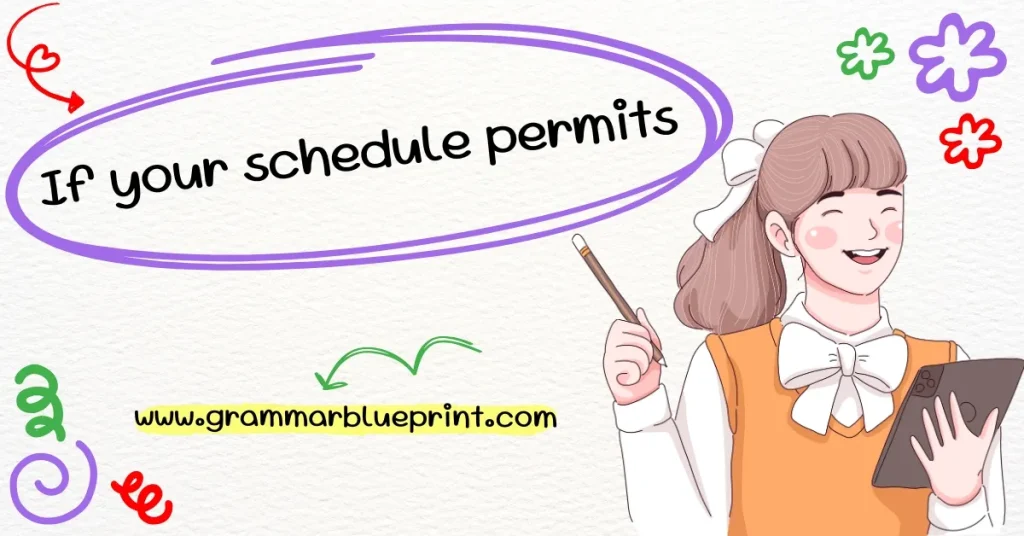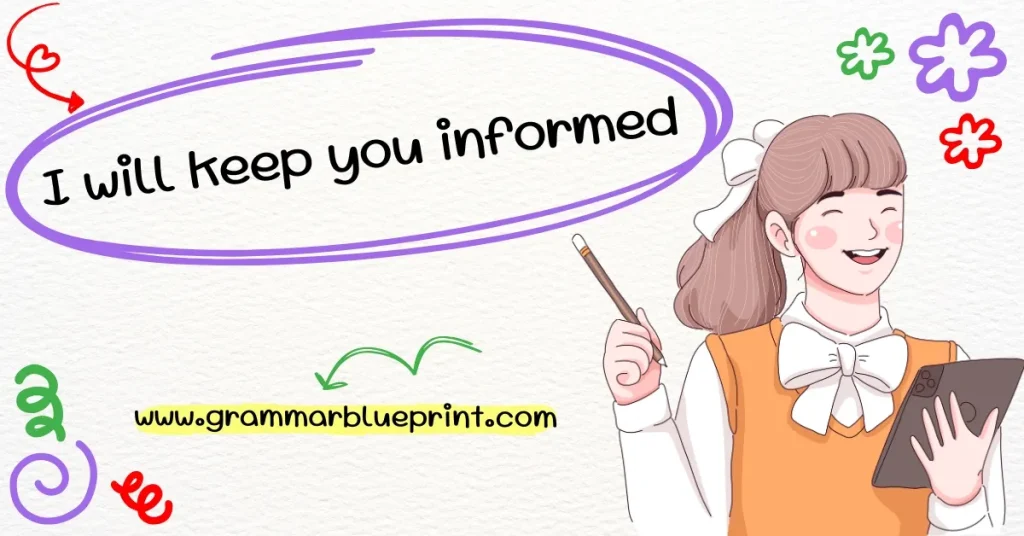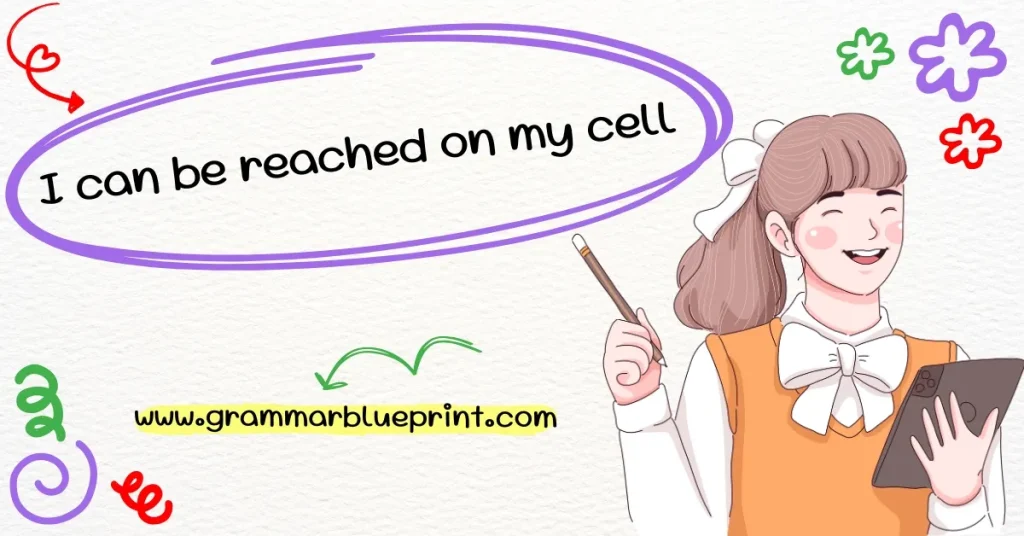“I’m Sorry I Missed Your Call”
We’ve all been there: you’re busy, distracted, or just away from the phone when a call comes in. The result? A missed call and the inevitable apology that follows. In this article, we’ll break down the phrase “I’m sorry I missed your call,” its significance, and how to handle missed calls gracefully. What Does “I’m […]
“I’m Sorry I Missed Your Call” Read More »










